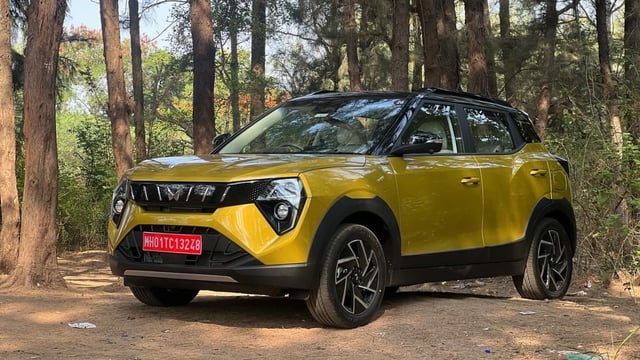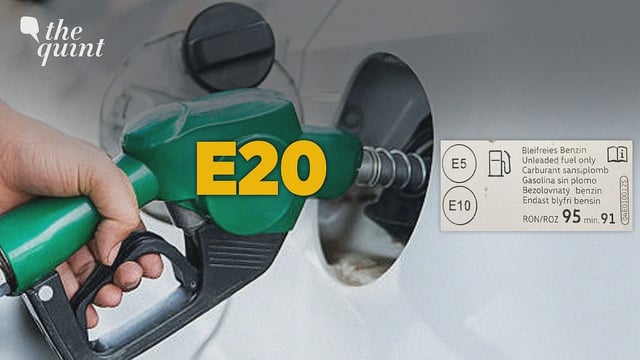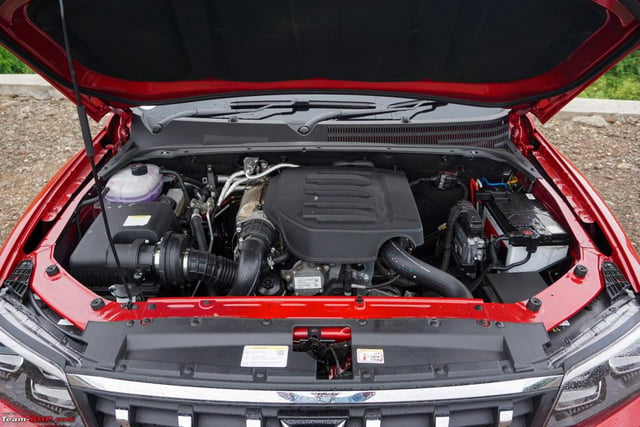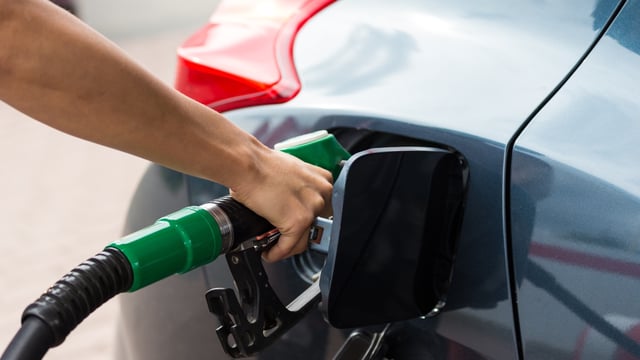Overview
- India has advanced its nationwide shift to 20% ethanol-blended petrol to 2025 from 2030 to cut emissions and crude imports.
- Automotive engineers attribute the expected efficiency loss to ethanol’s lower energy density compared with petrol.
- Engineers warn that older or non‑compliant vehicles could face long‑term wear of gaskets, fuel hoses and pipes, though not immediately.
- The oil ministry cites official tests indicating only marginal efficiency changes, estimating 1–2% in E10‑calibrated cars and about 3–6% in others, while touting emission and import‑cost benefits.
- A Supreme Court PIL filed last week challenges the rollout on compatibility grounds, as Tata Motors affirms E20 compliance and Maruti Suzuki and Hyundai decline comment.



